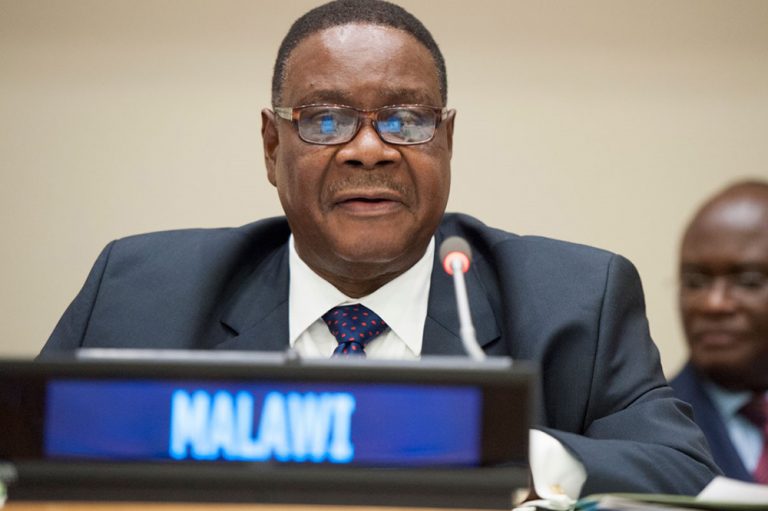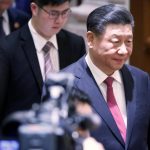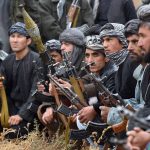Malawi Constitutional Court judgement nullifying the results of 2019 election orders a new vote to be held almost a year after the disputed one. In light of this, the elites who control country’s politics face a temptation to break the democratic principles in order to preserve the power or to form the cabinet. Considering the complex tribal pattern in Malawi, developed tribalism and nepotism in power, the Malawian elites will have to exercise self-restraint, not to trigger ethnic tension in the society and armed clashes.
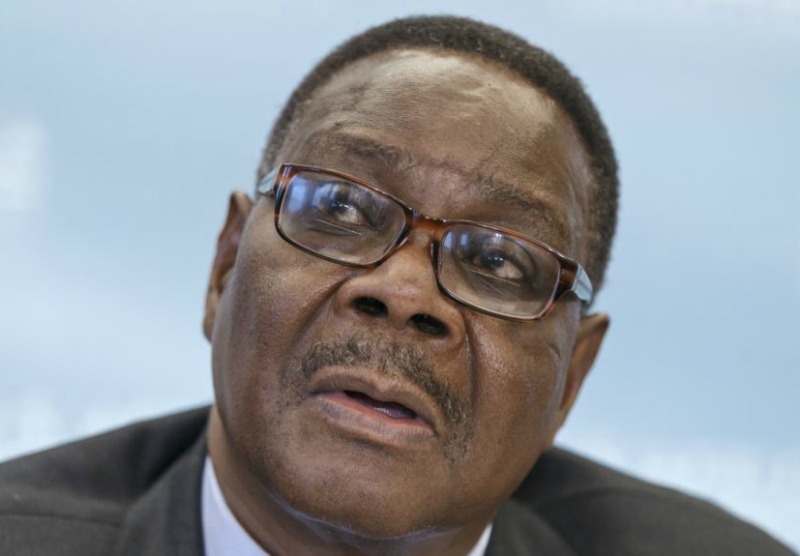
The Malawi’s constitutional court ordered that the new elections be held under a majoritarian system, a legal provision which was rejected by the Malawi Parliament some two years ago, who instead opted for simple majority system. It has also annulled last year’s disputed presidential election results, citing “widespread” irregularities and ordered a new vote.
The annulment of elections results in Malawi is built on the Kenyan precedent. The Kenyan decision led many in Africa, where democratic contests are frequently undermined by allegations of rigging, to conclude they may have genuine legal recourse to challenge results.
The courts admonished the electoral body for an abrogation of duty, saying the manner in which the May 21, 2019 presidential election was held demonstrated incompetency and infringed on citizens’ constitutional rights.
On 21 May 2019, Malawi held elections to elect a new president, members of parliament, and local government councillors. Peter Mutharika was nominated and endorsed as the presidential candidate of the Democratic Progressive Party with 38,67% of votes. His main challenger was Dr. Lazarus Macarthy Chakwera of the Malawi Congress Party (MCP) with 35,41%. Saulos Chilima, who had been Mutharika’s vice president since 2014, also put up a strong challenge against Mutharika since the two parted ways in April 2018 (20,24%). The four other candidates collectively got nearly 6 percent.
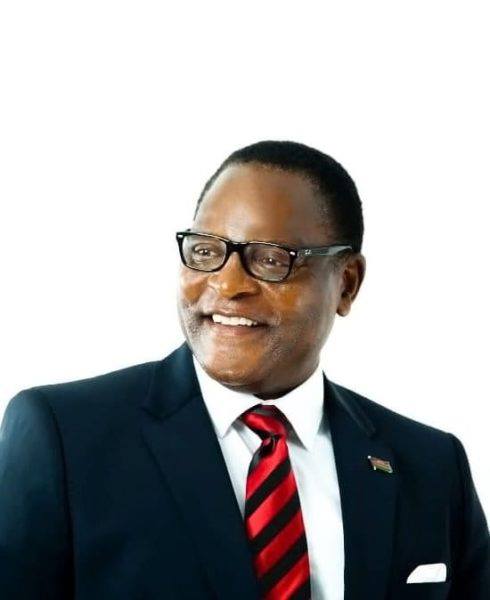
The election was marred with controversy and claims of rigging by Mutharika’s DPP. In some districts such as Nsanje and Chikwawa in the southern end of Malawi, the Malawi Electoral Commission staff managing the polls were accused of swapping the presidential results for Chakwera to be for Mutharika. Opposition claimed that officers of the electoral commission could use Tipp-Ex (correction fluid) on results sheets from all over the country.
Since the announcement of the election results over eight months ago, Malawi has experienced a spate of protests across the country demanding the resignation of Jane Ansah, the chairwoman of the MEC for allegedly mismanaging the elections.
The nationwide protests have been organised by a non-profit grouping, the Human Rights Defenders Coalition, which has rejected allegations of trying to topple the government.
Protesters have been protected against police by the popular armed forces, prompting rumors of a possible coup in a country with no history of military rule.
Chakwera challenged the results in court and questioned legality of election result, despite he took up his parliamentary seat due to this elections.
In Malawi North is dominated by Tumbuka tribe, South- byYao and Lomwe and Central Malawi – by Chewa. Divisions into the Yao/Lomwe, the Chewa and Tumbuka are dominant ethnic cleavage lines.
The winning of Chakwera, therefore, is seen as a triumph of the Central Region, the Chewa in particular – an important indictment of tribal politics in Malawi. Chewa – is the largest ethnic group in Malawi. It means also that Chakwera’s candidacy in MCP was a planned Central-Region based initiative by the politiburo of MCP– inspired and motivated to rebrand MCP leadership from a tribal perspective.
MCP has been claimed to be a party of the Chewas of Central Region since the dawn of multiparty politics; despite the founders of the party emanating from the Northern and Southern regions of Malawi. However MCP never espoused ethnic rhetoric.
Meanwhile, DPP defeat means weakening of Lomwe tribe representation in power. Until today DPP held main chairs in the Cabinet with the greatest influence on power and finance sharing.
The party’s stronghold is a Lomwe belt. Lomwe tribe is the second-largest ethnic group in Malawi. However, DPP factions are structured around personalities. Central regions were discriminated in government representation.

While there have been disputes over past elections in Malawi, this is the first time a presidential vote result has been overturned in the country. It is the second country in sub-Saharan Africa to see its election results annulled, after Kenya’s top court in 2017 overturned the result of a presidential vote.
The situation in Malawi is the result of the MCP’s claims for wider representation in the government. Despite the fact that the actions of the MCP are dictated by the many years of nepotism of the DPP presidential party, the desire to catch up during the reign of Peter Mutharika, can lead to even greater growth of corruption and nepotism in the country.
Peter Mutharika is the brother of Bingu wa Mutharika, who was the head of DPP and the President of Malawi since 2004 until his death in 2012.
Bingu wa Mutharika expelled his vice-president, Joyce Banda from the party in 2010 because she refused to accept the nomination of Peter Mutharika as the next president. But after his death she was became the President according the transition procedure. But in 2014 as lections results Peter Mutharika succeed the Presidential cabinet.


